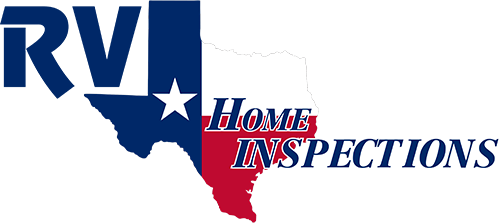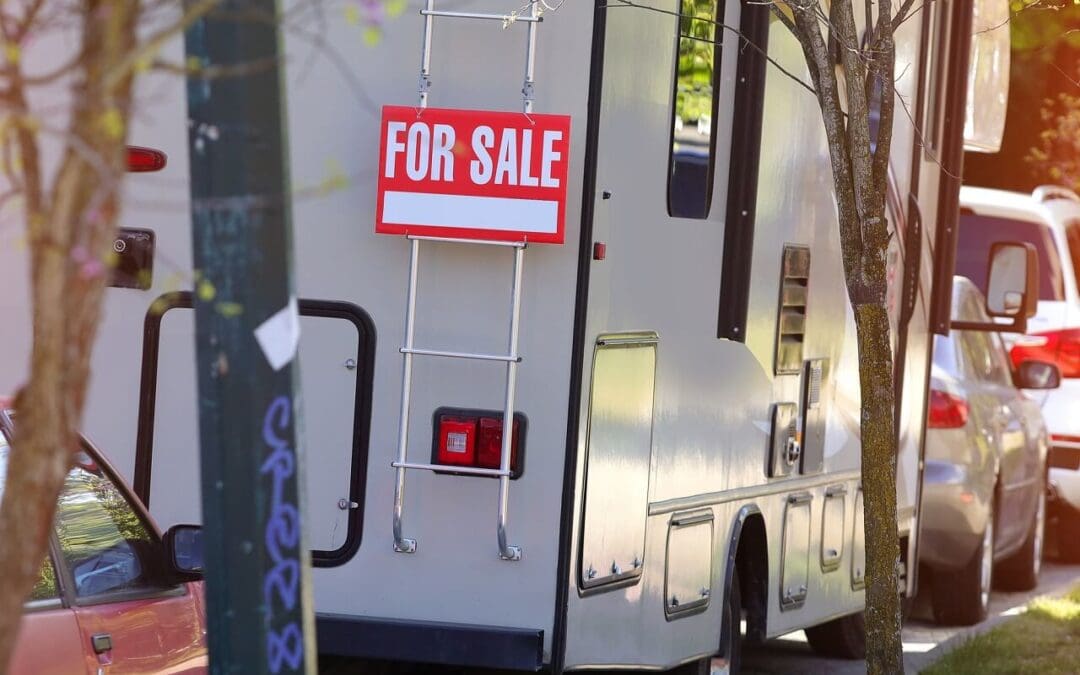If you’ve decided it’s time to move on from your current rig, selling your RV could be both exciting and overwhelming. Whether you’re upgrading to a newer model, downsizing, or taking a break from the open road, it’s important to approach the process with a plan. RVs are unique assets, they’re homes on wheels, and selling one takes more effort than selling a car. By understanding the process, preparing your RV, and presenting it the right way, you will attract serious buyers and get the best return on your investment.
Preparation is Key When Selling Your RV
Before listing your RV, the first step is to make sure it looks its best. Think of it as staging a home. Start by giving it a deep clean inside and out, wash the exterior, wax the paint, and make sure the wheels and windows shine. Inside, declutter and organize every storage space. Remove personal items so buyers can easily picture themselves using it. Fix leaky faucets, replace burnt-out bulbs, and check that all appliances and systems are functioning properly.
Having a professional inspection done before listing could give you a major advantage. An RV inspector will verify that everything is in working order, giving buyers confidence in your RV’s condition and justifying your asking price. A clean inspection report shows that you’ve taken excellent care of your rig and are being transparent about its condition.
Setting the Right Price When Selling Your RV
Pricing your RV accurately is one of the most important parts of selling your RV successfully. Set it too high, and you risk scaring away potential buyers; set it too low, and you could leave money on the table. Start by researching similar models online to see what others are asking for RVs of the same make, model, year, and condition. Be honest with yourself about your RV’s wear and tear. Mileage, age, and upgrades all affect value. If your RV has recent renovations, solar panels, or upgraded appliances, you can justify a higher price. On the other hand, if it’s been stored outdoors or needs minor repairs, factor that into your pricing strategy.
An inspection report, maintenance log, and clean presentation will help you stand firm on your price. Buyers are often willing to pay more for a well-cared-for RV with proof of condition and maintenance history.
Marketing Your RV to Attract Buyers
When selling your RV, your goal is to make it stand out in a crowded market. Start by taking high-quality photos that show your RV in the best light. Photograph both the interior and exterior, capturing features like slide-outs, kitchen space, storage areas, and any upgrades. A short video walkthrough will also help buyers visualize the layout and flow. Write a detailed and honest description that highlights the best features of your RV while noting any recent upgrades or maintenance work. Mention amenities like solar systems, awnings, entertainment setups, or towing equipment that add value. Be upfront about any known issues, transparency builds trust and reduces negotiation friction later. Post your listing on popular platforms like RV Trader, Facebook Marketplace, or local RV groups.
Why Professional Assistance Could Make Selling Your RV Easier
For some owners, handling every detail of selling your RV could be time-consuming. That’s where professional help comes in. Having an inspection report available not only gives buyers peace of mind but also reduces back-and-forth questions. Consignment lots could handle marketing, showings, and negotiations for you, though they do take a commission. If you prefer a faster sale, you could consider selling directly to a dealer, though you may receive a slightly lower offer than from a private buyer. The key is deciding how much time and effort you want to invest.
Closing the Deal
When you find a serious buyer, the final steps of selling your RV involve negotiation, payment, and paperwork. Be prepared to negotiate but stay firm on a fair price. Once you’ve agreed on a number, verify that the payment method is secure, cashier’s checks or bank transfers are best. Avoid accepting personal checks or unusual payment methods. Make sure all documents are completed correctly. Depending on your state, you may need to remove the license plate and cancel your insurance once the transaction is finalized. It’s also courteous to walk the buyer through basic operations of the RV before handing over the keys.
With proper preparation, accurate pricing, and the right marketing approach, you will turn your RV into cash while guaranteeing the next owner starts their journey off right. Whether you sell privately or through a professional service, being informed and organized will always work in your favor.
Frequently Asked Questions (FAQs)
Should I repair my RV before selling it?
Yes. Taking care of small repairs will significantly improve your selling price and attract serious buyers.
Do I need to have my RV inspected before selling?
It’s not required, but having a professional inspection will make your listing more appealing.
Is it better to sell privately or through a dealer?
Private sales often yield a higher price, but selling through a dealer or consignment lot could be faster and more convenient.
What’s the best time of year to sell an RV?
Spring and early summer are typically the best times to sell since that’s when most buyers are preparing for camping and travel season.
RV Home Inspections provides RV inspections in Houston, Texas. Contact us to schedule an appointment.

